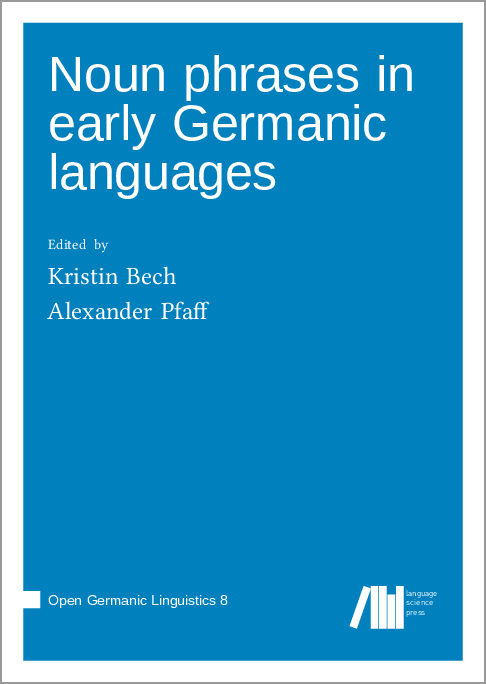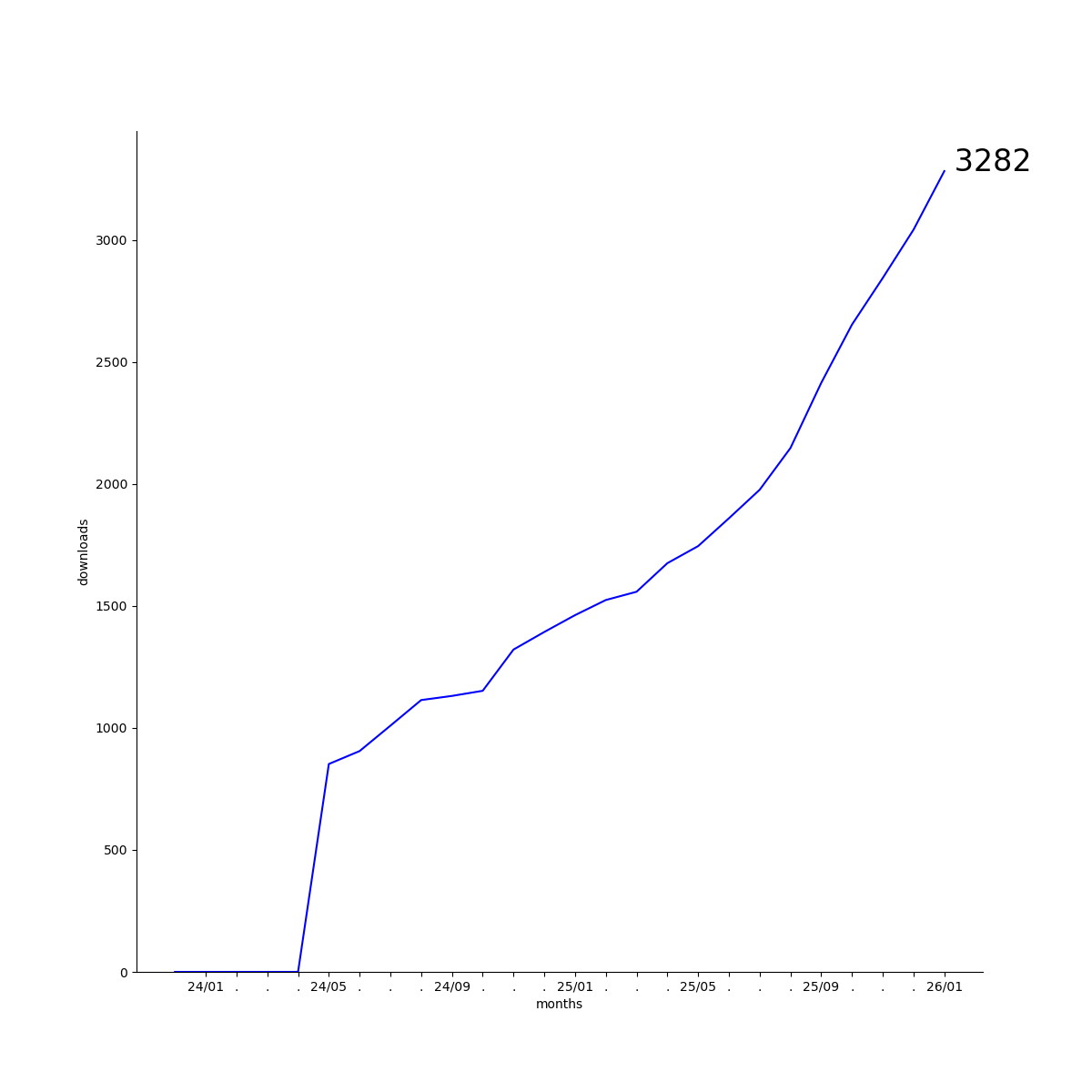We log anonymous usage statistics. Please read the privacy information for details.
Noun phrases in early Germanic languages
Synopsis
On the premise that syntactic variation is constrained by factors that may not always be immediately obvious, this volume explores various perspectives on the nominal syntax in the early Germanic languages and the syntactic diversity they display. The fact that these languages are relatively well attested and documented allows for individual cases studies as well as comparative studies. Due to their well-observable common ancestry at the time of their earliest attestations, they moreover permit close-up comparative investigations into closely related languages. Besides the purely empirical aspects, the volume also explores the methodological side of diagnosing, classifying and documenting the details of syntactic diversity. The volume starts with a description by Alexander Pfaff and Gerlof Bouma of the principles underlying the Noun Phrases in Early Germanic Languages (NPEGL) database, before Alexander Pfaff presents the Patternization method for measuring syntactic diversity. Kristin Bech, Hannah Booth, Kersti Börjars, Tine Breban, Svetlana Petrova, and George Walkden carry out a pilot study of noun phrase variation in Old English, Old High German, Old Icelandic, and Old Saxon. Kristin Bech then considers the development of Old English noun phrases with quantifiers meaning ‘many’. Alexandra Rehn’s study is concerned with the inflection of stacked adjectives in Old High German and Alemannic. Old High German is also the topic of Svetlana Petrova’s study, which looks at inflectional patterns of attributive adjectives. With Hannah Booth’s contribution we move to Old Icelandic and the use of the proprial article as a topic management device. Juliane Tiemann investigates adjective position in Old Norwegian. Alexander Pfaff and George Walkden then take a broader view of adjectival articles in early Germanic, before Alexander Pfaff rounds off the volume with a study of a peculiar class of adjectives, the so-called positional predicates, which occur across the early Germanic languages.
Chapters
-
The NPEGL noun phrase database: design and construction
-
How to measure syntactic diversity: Patternization – methods and algorithms
-
Noun phrase modifiers in early Germanic: a comparative corpus study of Old English, Old High German, Old Saxon, and Old Icelandic
-
The Old English quantifiers fela ‘many’ and manig ‘many’, and Ælfric as a linguistic innovator
-
A new perspective on parallel inflection with reference to Old High German and Alemannic
-
On the distribution of the strong and weak adjectival inflection in Old High German. A corpus investigation
-
Beyond given versus new: the proprial article in Old Icelandic
-
Modifying variation: about the adjective position in Old Norwegian
-
Adjectival articles in early Germanic
-
Positional predicates in early Germanic




